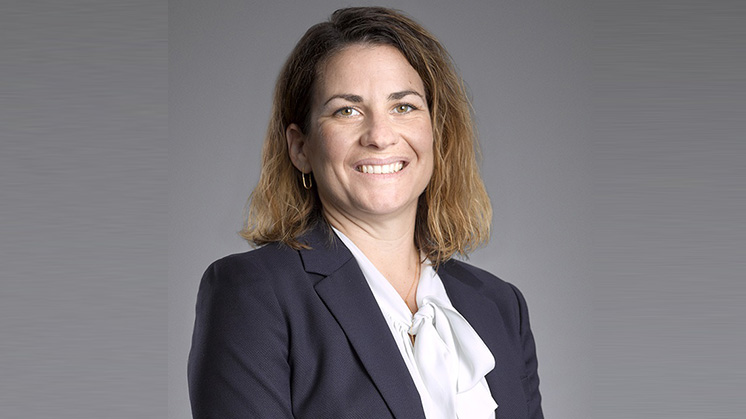
We talk to Emily Wellard-Baring – a philanthropy and not-for-profit (NFP) specialist at Perpetual – about the key themes and trends in philanthropy, why she finds her role so rewarding and how she sees the sector developing over the coming years.
Q: What’s your role at Perpetual and how long have you worked here?
As a senior philanthropy and non-profit services manager at Perpetual, I have the privilege of supporting our philanthropy clients with their strategic charitable giving. We find stable and sustainable NFP organisations with a strong track-record of achieving impact across the social, cultural and environmental sectors and match them with philanthropists who want to have impact in the same area.
I also work across the entire NFP sector to help organisations define their mission and impact; building an operating model that is stable and sustainable over the long term. In February 2019, I joined Perpetual after spending 12 years in the aid and development sector working with remote Indigenous communities and across the Pacific.
Q: What are some of the themes you’re seeing within philanthropy?
Philanthropists are really interested in impact; they want to know that their dollars are going to make a difference and what that looks like in the community. As a result, we’ve seen a huge increase in NFPs developing sophisticated and high level Monitoring, Evaluation & Learning frameworks to effectively measure, track and evaluate their operations in order to demonstrate and amplify their impact and engage in continuous learning.
Another major theme is the fact that philanthropy is increasingly being used to fund areas where government funding is being cut back. As traditional government funding of social services continues to decrease, philanthropy is becoming an alternative source of revenue that is critically important for many NFPs.
Q: What are the key challenges facing philanthropists?
With traditional sources of NFP fundraising becoming increasingly competitive and funding pools continuing to decrease, there is a growing reliance on the philanthropic dollar. This means that philanthropic gifts are being stretched further or expected to fill more funding gaps. Philanthropists are being asked to make evermore difficult decisions about what organisations or issues to support.
Trust can also be a challenge in the NFP sector. As philanthropists become more selective in their support of NFPs, they may want tighter processes and more transparency when it comes to how the organisation is run and how the funds will be used. Sometimes, great NFPs doing amazing work may struggle to gain funding because they either do not have, or cannot demonstrate that they have strong organisational policies and processes in place.
Q: What are philanthropists getting excited about?
While every philanthropist will have their own goals and causes that they’re passionate about, they are all looking for effective and well-managed NFP organisations. The NFPs that are clear about their mission, efficient with their resources and achieve impact on the ground are more likely to capture – and sustain – the attention of philanthropists.
Philanthropists get excited when they hear the on the ground stories of how the funds they’ve donated are making a difference. There’s a big focus on human impact and demonstrating how funds are distributed and utilised. When assessing what causes to support, philanthropists want to hear directly from those challenged parts of the community; this makes it more real.
Those NFP organisations that have a clearly defined mission and strategy, including measurement at all levels will generally be more likely to attract funding.
Q: What’s the most rewarding and challenging part of your job?
The most rewarding part of my role is facilitating funding to strategic, sustainable organisations who are making a real impact in their individual areas. Helping my clients to support charities that align with their philanthropic goals and seeing what philanthropic funds can achieve is very satisfying.
On the flipside, with so many charities in existence now, philanthropists need to make some tough decisions. The saddest and most challenging part of my role is having to tell some great NFP organisations doing valuable work that they missed out on funding this year. It’s never easy having to deliver the bad news.
Q: Finally, how do you see the philanthropy sector developing in the next 5-10 years?
We’re currently doing a lot of work in talking to the philanthropy sector about the importance of moving away from project-based funding and toward funding for organisational capacity, overheads, general operations and even untied funding, which is when NFPs can use the funds to invest in their greatest need without any direction from the donor.
As the trend away from project-specific funding continues over the next 5-10 years, I see the philanthropy sector focusing less on the terms of funding and more on finding strategic, stable and sustainable organisations. This will give NFP organisations the opportunity to invest in internal capacity and ongoing operational needs; ultimately leading to better outcomes on the ground.
